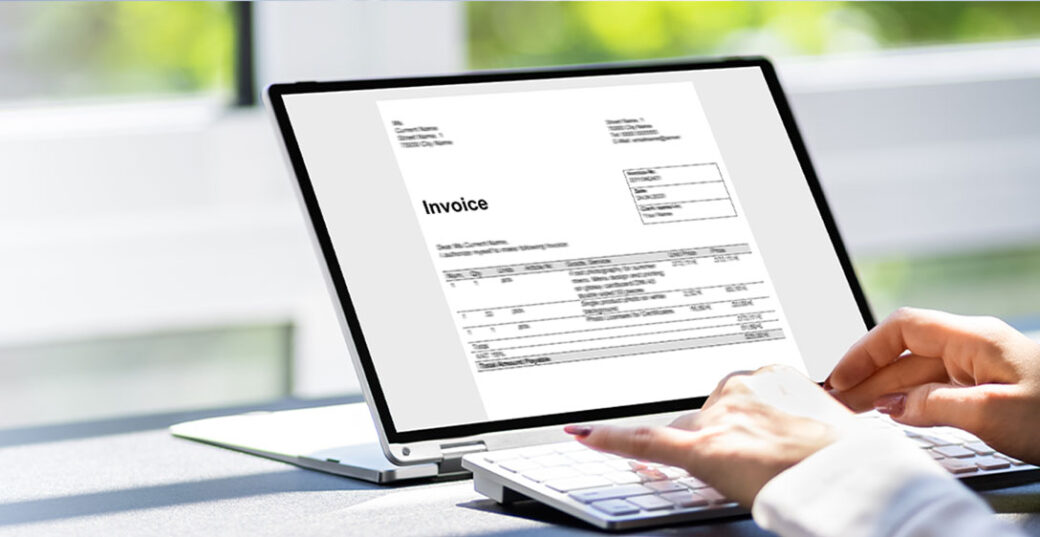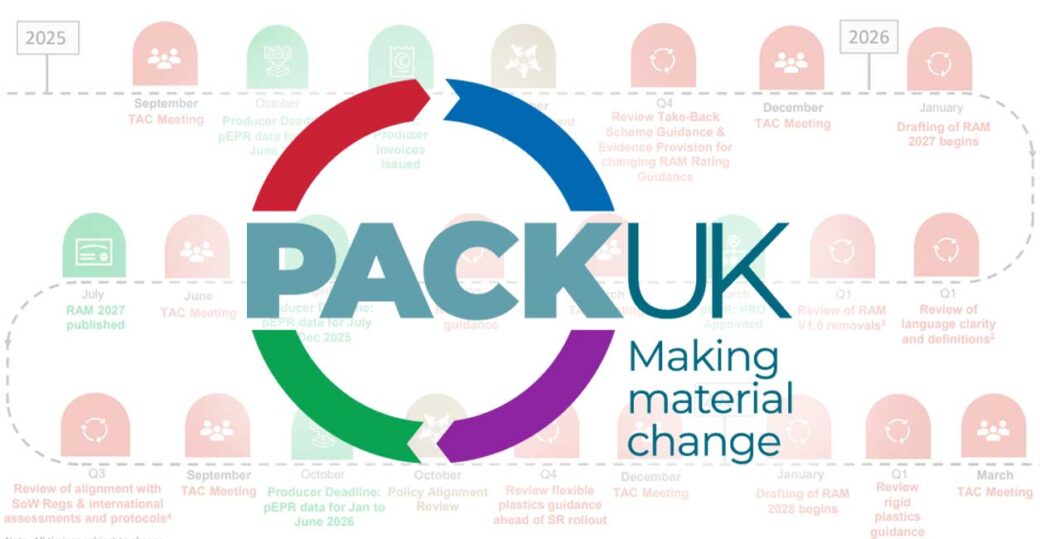The Department for Business has announced that it is introducing a compliance fee. The announcement comes ahead of the January 31 deadline for schemes to post their final WEEE evidence for the 2014 compliance period.
The focus is now expected to be on the level of the compliance fee and how BIS decides to set it in relation to any ‘penalty cost’ applied to those schemes which do not source sufficient evidence.
The revised WEEE regulations, which have been in effect since January 2014, set out a programme of household WEEE collection targets for producer compliance schemes. The regulations allow for any scheme which fails to meet its collection targets to instead pay a ‘compliance fee’ to match the cost of its members’ recycling obligations.
In October, three proposals for how the compliance fee should be calculated were submitted. BIS is expected to announce this week which will be adopted for the 2014 compliance period.
Schemes will not know how much they will be expected to pay through the fee until after every scheme has turned in its final evidence.
The fee means that schemes who had previously been unable to source enough evidence to meet their obligations will no longer be at risk of prosecution for being in breach of the regulations.
However, some experts within the WEEE sector believe that by announcing that the fee will go ahead in 2014, BIS has affected the ‘market dynamics’ between schemes at the end of the compliance year. The reason given is that, for any schemes which have not sourced enough WEEE evidence by the 31 January, the incentive to purchase it at an inflated price from those schemes with a surplus has been reduced.
January 2014 saw revised regulations came into effect, bringing the requirements of the recast EU WEEE Directive into UK law. The changes also addressed producer concerns that the cost of compliance did not match the true cost of recycling.
Proposals on how best to calculate the new compliance fee have been submitted by three online marketplace associations: The Environment Exchange (T2E), the Joint Trades Association (JTA) and a combined submission from Dataserv, DHL, Transform, Valpak and Veolia.



